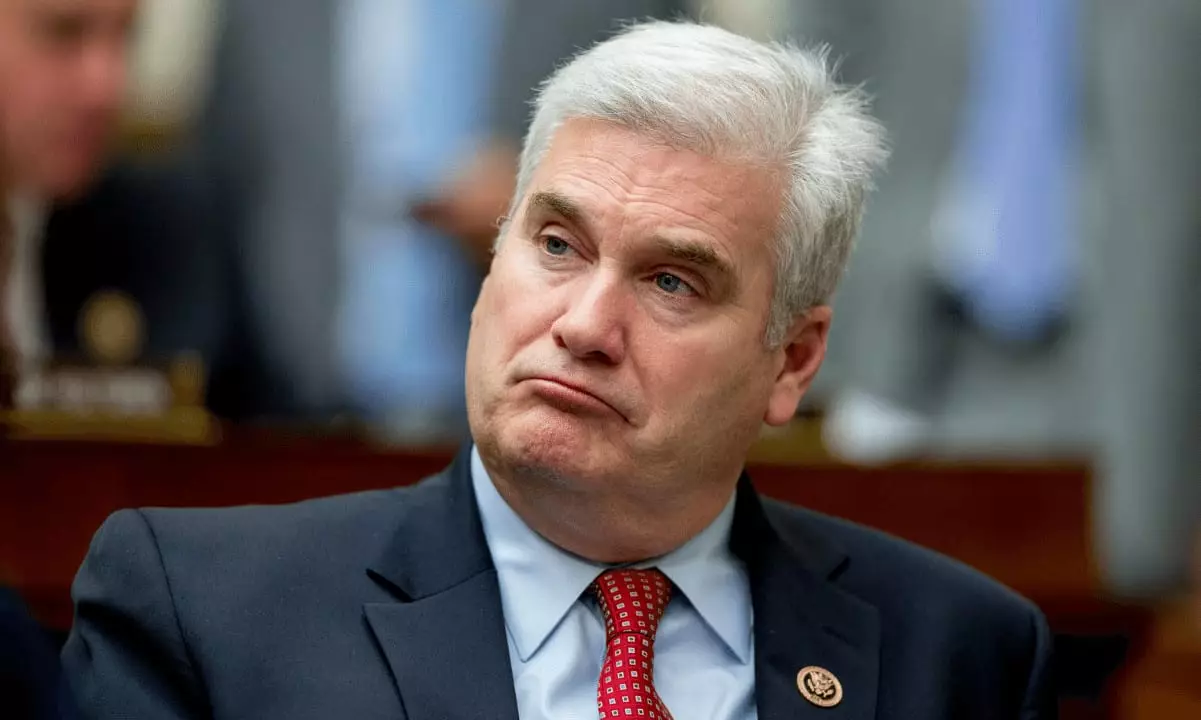In a recent decision, the United States House of Representatives voted to block the Federal Reserve from issuing a Central Bank Digital Currency (CBDC) directly to its citizens. This move has sparked a heated debate within Congress, with strong opinions on both sides of the issue.
The bill, known as the CBDC Anti-Surveillance State Act, received support from 213 Republicans and 3 Democrats, resulting in a final vote of 262 in favor and 192 against. Pro-crypto advocates, led by Rep. Tom Emmer (R-MN), championed the bill as a way to uphold American values of privacy, individual sovereignty, and free market competitiveness in the digital currency space. Emmer took to Twitter to express his belief that the development of digital money should be controlled by the people, not the government.
Central Bank Digital Currencies differ from decentralized cryptocurrencies like Bitcoin, as they are issued and controlled directly by a central bank. Critics of CBDCs, such as Rep. French Hill (R-AR), raised concerns about the potential for government overreach and surveillance. Hill pointed to instances in other countries, like China’s digital yuan, where CBDCs were used to monitor consumer behavior and control social credit scores. He argued that the private sector could offer innovative payment solutions without the need for a government-controlled digital currency.
On the other side of the debate, Democrats like Maxine Waters (D-CA) argued that the United States could lead the way in creating a CBDC that respects privacy and innovation. Waters warned that blocking the Federal Reserve from issuing a CBDC could hinder U.S. competitiveness in the global economy and impede efforts to combat inflation.
In addition to the CBDC Anti-Surveillance State Act, Congress also passed the Financial Innovation and Technology for the 21st Century Act (FIT21), which set guidelines for how cryptocurrencies and crypto companies should register with federal regulators. Unlike the CBDC bill, FIT21 received bipartisan support, with 71 Democrats voting in favor.
The debate over the issuance of a Central Bank Digital Currency in the United States is far from over. As technology continues to evolve and reshape the financial landscape, lawmakers will need to carefully consider the implications of government-controlled digital currencies on privacy, innovation, and economic competitiveness.
















Leave a Reply